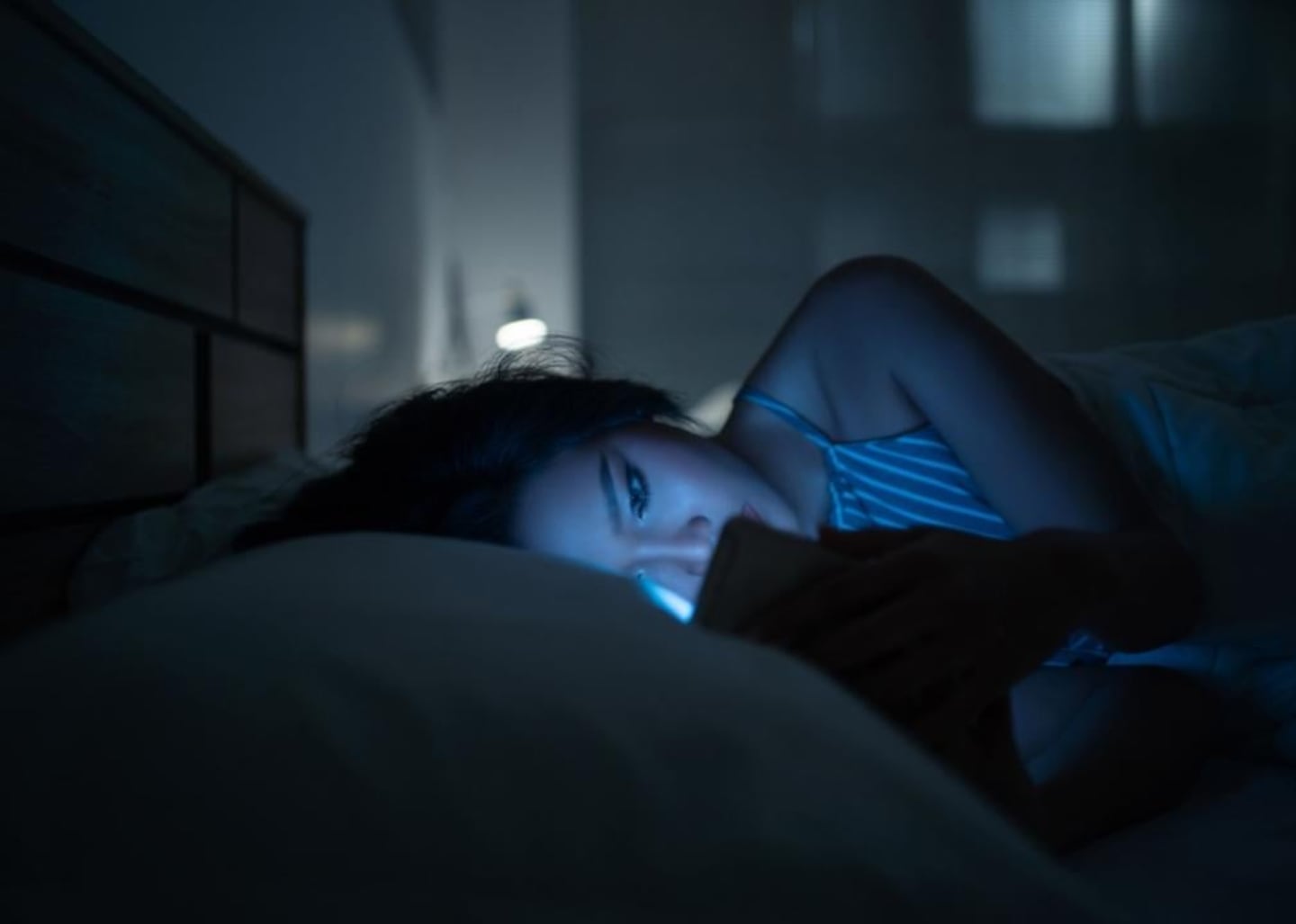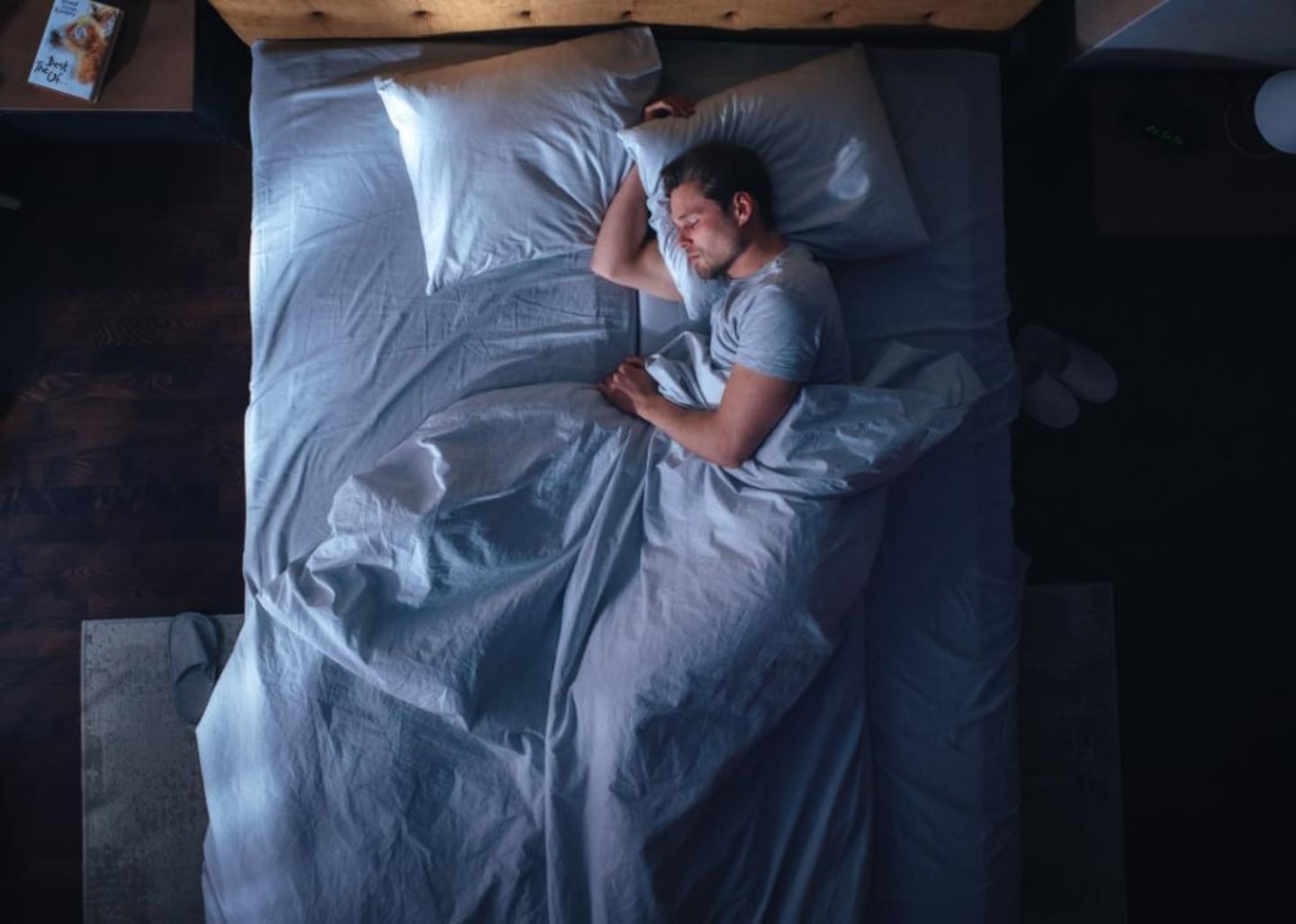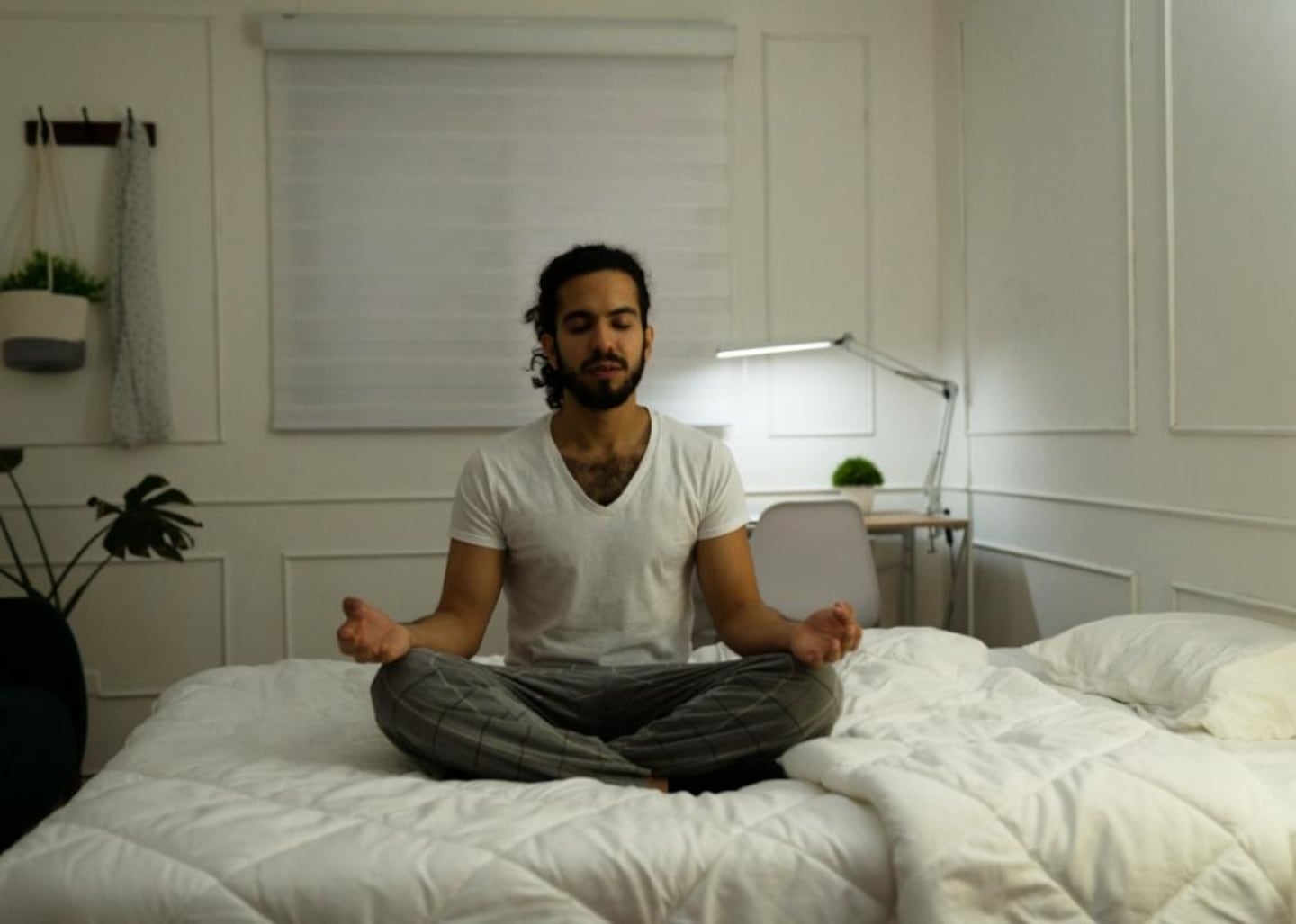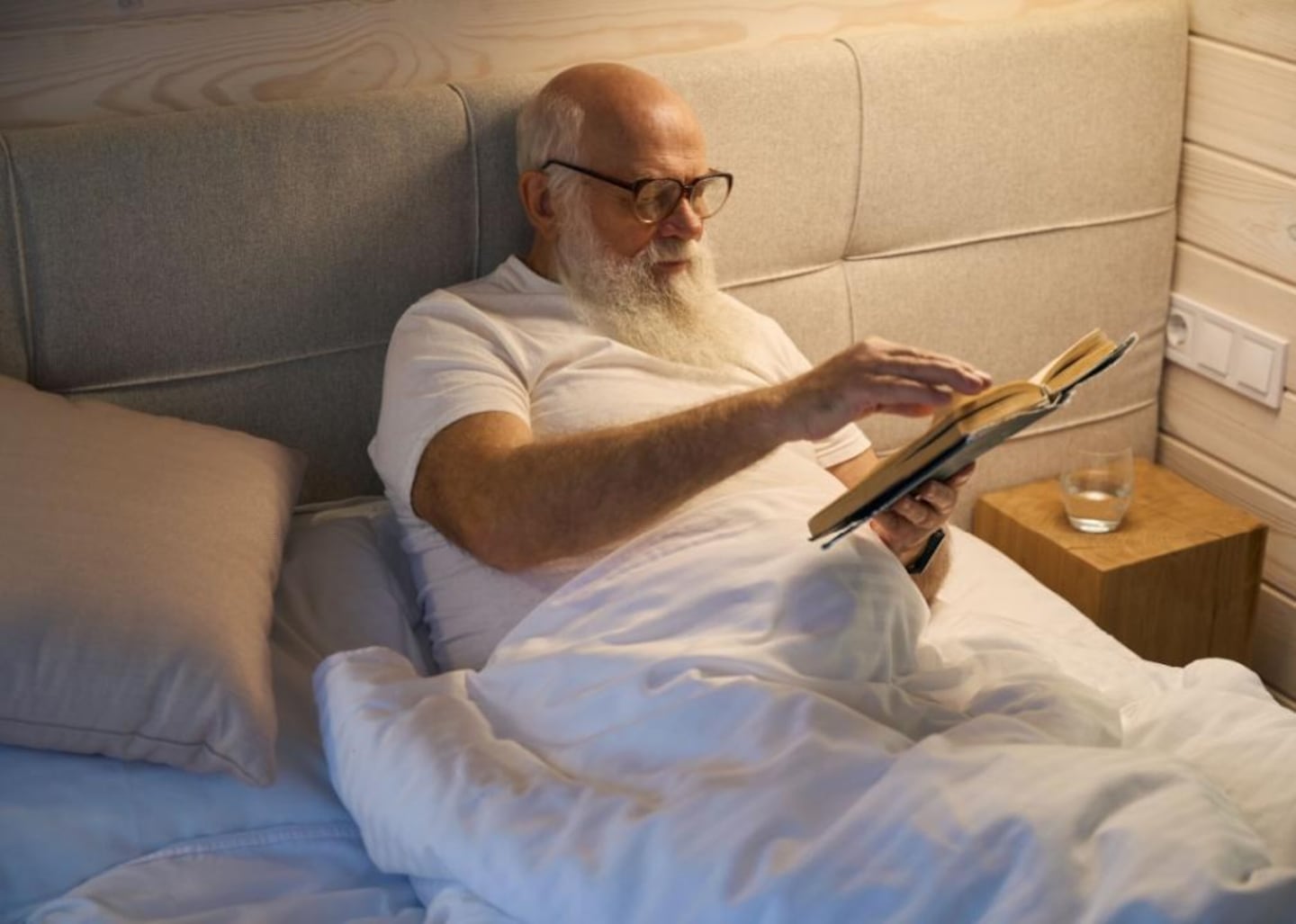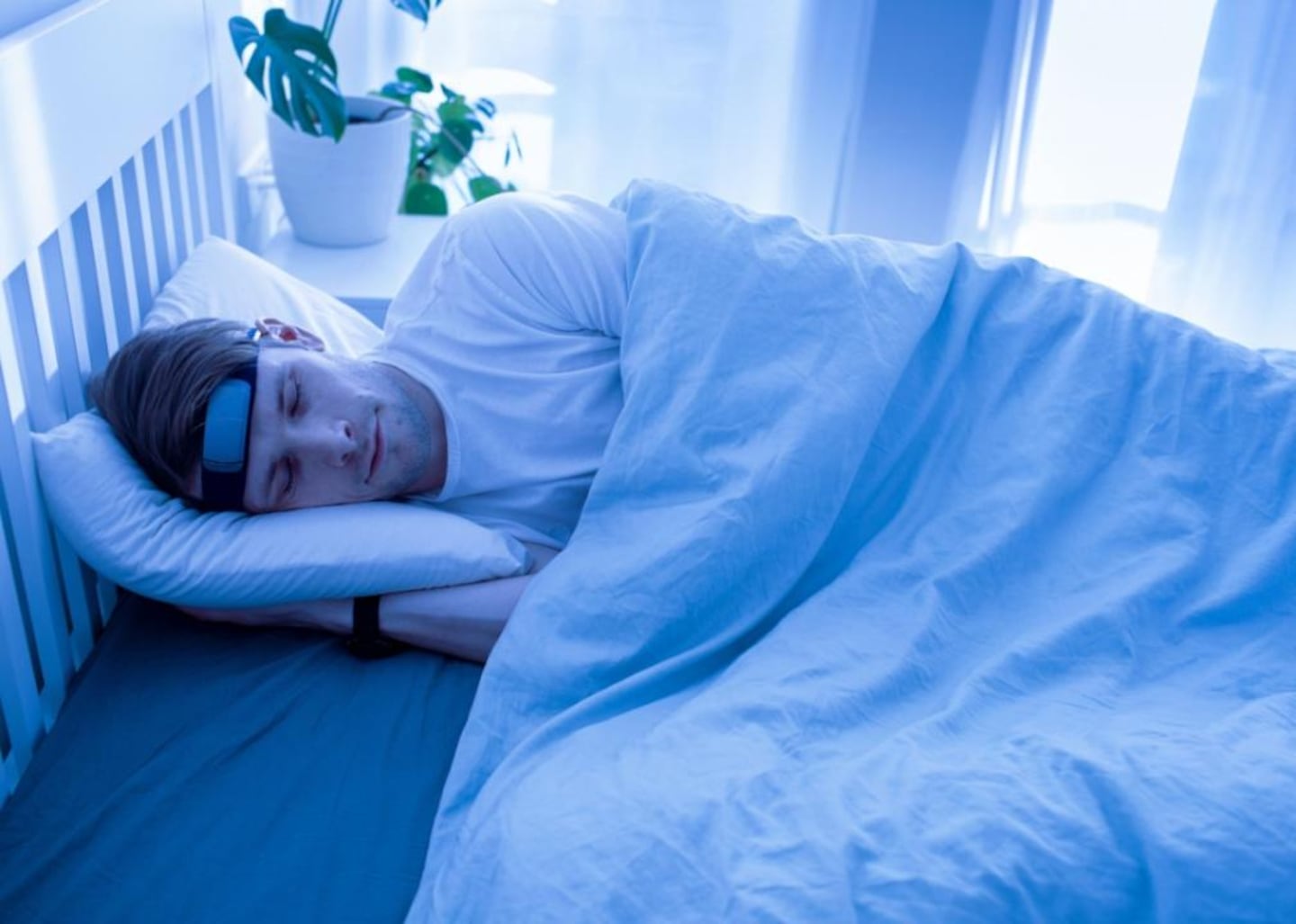A new year, a new beginning. A fresh start on the calendar inspires many to improve. Apart from resolutions to achieve more and change for the better, many also aspire to find better ways to improve their well-being, including enhancing their sleep quality.
In today's fast-paced, technology-driven world, sleep has never been more critical. Obesity, cognitive decline, weakened immune function, and an increased risk of anxiety and depression are all health problems linked to chronic sleep deprivation. Moreover, poor sleep negatively impacts mood and can cause irritability and emotional instability, so adequate rest is essential for maintaining focus, productivity, and overall well-being.
However, despite growing awareness of the importance of sleep, the science behind the factors that disrupt it—particularly the role of smartphones—remains unclear to many. Spokeo explored the negative impacts of smartphone usage on sleep and what people can do to get more restful downtime.
Smartphones—and society's apparent reliance on them—are considered one of the primary reasons for the declining quality of rest in the modern technological age. Globally, at least 3 in 10 young adults are too attached to their smartphones, according to a study conducted by King's College London medical student Sei Yon Sohn and her coauthors. Their research on 1,043 students aged 18 to 30 revealed nearly 4 in 10 qualified as being "addicted" to smartphones, a concerning trend given sleep's vital role in cognitive function and mental and physical health.
One of the primary ways smartphones are thought to interfere with sleep is through the blue light they emit. This type of light has been shown to suppress melatonin, a hormone responsible for regulating our sleep-wake cycles. As melatonin production decreases, our circadian rhythm is disrupted, making it harder to fall asleep and awaken feeling refreshed.
While some have doubted this blue-light causation, the mental stimulation from activities like playing games or scrolling through social media is another reason it is difficult to unwind. Stuart Peirson, a professor of circadian neuroscience, told Wired. More than the blue light emitted by phones, Pierson noted, "Reading work emails relating to impending deadlines is clearly going to cause anxiety, and anxiety is strongly related to insomnia." Even if we aren't actively engaging with our devices, the constant stream of notifications and alerts can interrupt our sleep and prevent us from fully disconnecting.
As January rolls along, here are some ways to disconnect from our supposedly essential smartphones and perhaps get a few more hours of restful, rejuvenating sleep.
TORWAISTUDIO // Shutterstock
Use blue light filters
Enabling blue light filters, or "night mode" settings, on smartphones and other devices can help reduce blue light exposure in the evening. This feature shifts the display colors to warmer tones, minimizing the suppression of melatonin production. Most smartphone manufacturers have made it easy to automatically enable night mode during certain hours of the day.
Consider using blue light filtering glasses for evening screen use, particularly if you spend extended periods in front of screens. It's worth noting, though, that while a systematic review of 29 publications suggested these glasses may help with sleep, the findings are not yet conclusive.
Gorodenkoff // Shutterstock
Establish presleep routines
A consistent presleep routine helps teach your body and brain that it's time to wind down. Relaxing activities—a warm bath, reading a book, listening to calming music—can promote better sleep. Setting a regular sleep schedule, going to bed, and waking up at approximately the same time each day—even on weekends—may help regulate your circadian rhythm.
Avoid consuming caffeine or alcohol before bed, as these substances can interfere with sleep. According to University of Michigan behavioral sleep expert Dr. Deirdre Conroy, people have different tolerances for these beverages. Their effects, be it a little or a lot, vary from person to person. As Conroy told CNET, a general guideline is for people to stop drinking caffeine eight hours before bed and alcohol three hours before turning in for the night.
Calming activities like meditation or gentle stretching before bedtime can also ease your mind and body.
antoniodiaz // Shutterstock
Create tech-free zones
Tech-free zones in bedrooms can help minimize distractions and promote a more conducive sleep environment. Bans on smartphones and other electronic devices in the bedroom remove the temptation to check notifications or engage with content before sleep.
Keep your phone in a separate room while charging, and enable its "do not disturb" settings. Physically moving the technological temptation farther away can make it easier to decouple from stimulating social media messages and activities on the phone. If your phone is also your alarm, swap it with an analog or digital version.
If you can't designate a separate space, try changing an element of decor to signal a shift in the environment.
YAKOBCHUK VIACHESLAV // Shutterstock
Limit interactive screen time before bed
Interactive screen-based activities, such as playing video games and engaging on social media, can be more stimulating than passive activities like watching videos. A study of 475 young adults published in 2023 in the Journal of Adolescent Health found that sleep was delayed for every hour of gaming or speaking with friends online.
The American Academy of Pediatrics recommends no screens in the hour before bed. Setting a time limit for engaging with social media or playing video games and gradually reducing your usage as bedtime approaches can be helpful. Replace interactive screen time with more relaxing activities, like reading or listening to calming music.
Girts Ragelis // Shutterstock
Try wearable tech for sleep tracking
Wearable technology, such as smartwatches and fitness trackers, can help track sleep patterns and identify potential areas for improvement for those who have some additional room in their budget. Devices can cost between $30 to $600 and may even entail subscription fees. These devices can monitor sleep duration, sleep stages, and wakefulness. They often also provide more visual graphs and other reports where you can spot valuable insights into your sleep quality to help you make adjustments as needed.
Do you perform the best when you've hit the hay at 9 p.m. the night before? Are you still feeling sluggish despite turning in at 10 p.m.? Little adjustments in your patterns can help you prepare for the day ahead. Despite their tech capabilities, these devices don't replace professionals, so if you do notice sleep disturbances or have concerns about your sleep quality, consult a health professional.
Story editing by Carren Jao. Copy editing by Paris Close. Photo selection by Ania Antecka.
This story originally appeared on Spokeo and was produced and distributed in partnership with Stacker Studio.

